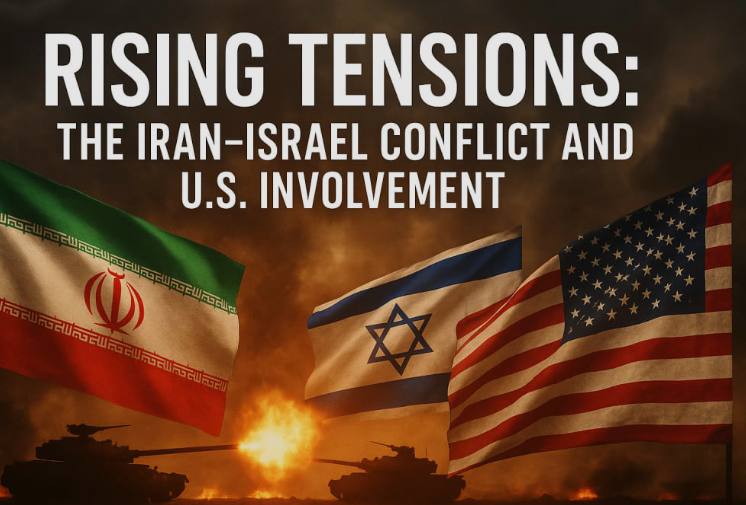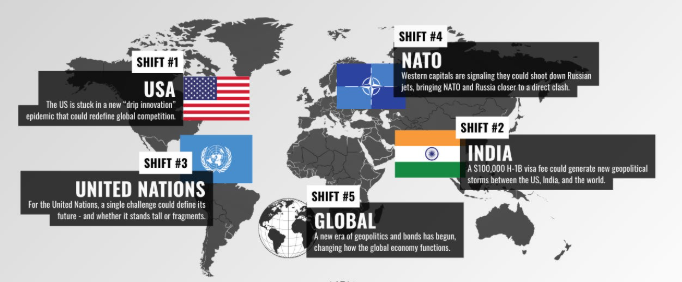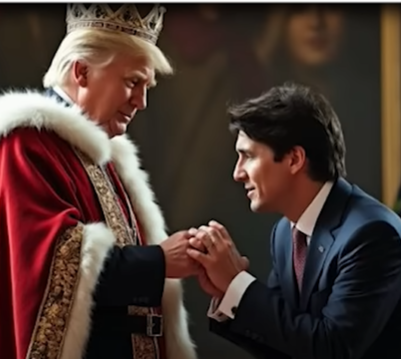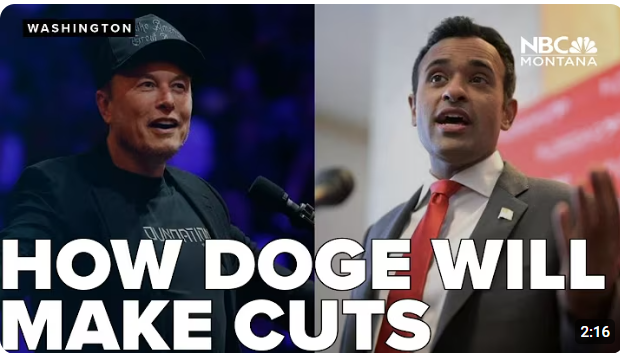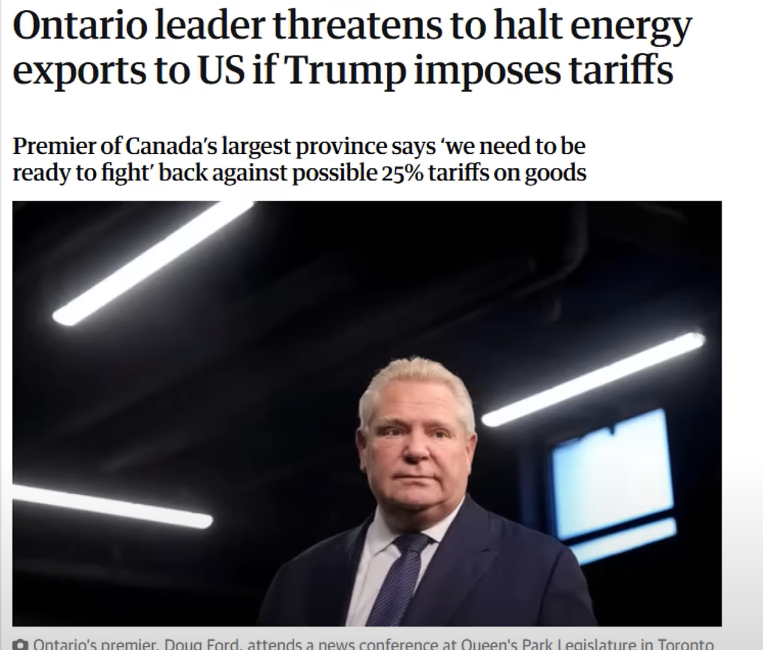Meta Ends Fact-Checking in the USA: A Bold Shift in Social Media Policy
In a move that has left the digital world stunned, Meta, the parent company of Facebook and Instagram, has officially announced it will no longer carry out fact-checking of posts and news in the United States. The company, which has long been a leader in the fight against misinformation, has cited “operational changes” as the primary reason behind this significant policy shift.
The Announcement
Zuckerberg’s decision was made public through a blog post from the company’s Public Policy Department, where it stated, “Effective immediately, Meta will no longer perform fact-checking of posts, articles, and user-generated content within the United States. This is part of an ongoing evolution of our content moderation strategy as we focus on providing users with more freedom of expression while promoting accountability.”
This change is seen as part of a broader shift in social media policies, with Meta expressing a desire to move away from its previous efforts to control the flow of information on its platforms. The announcement comes at a time when social media platforms are under increasing scrutiny for their role in spreading misinformation and shaping public discourse.
What Led to Meta’s Decision?
zuckerberg’s decision to end fact-checking in the USA follows years of criticism and legal pressure from various political groups and advocacy organizations. Despite Meta’s previous efforts to implement third-party fact-checking services, including partnerships with independent fact-checking organizations, some critics argue that these measures were too restrictive and biased. Meta’s stance appears to be in response to growing calls for greater freedom of speech and less censorship on social media.
Furthermore, zuckerberg has been facing mounting pressure from lawmakers on both sides of the political spectrum. Some conservatives have criticized the platform for “censorship” of right-wing content, while liberals have raised concerns about the platform’s role in spreading fake news and hate speech. In light of these polarized perspectives, Meta may be attempting to strike a balance by reducing its involvement in the verification process.
Reactions to Meta’s Move
The decision to halt fact-checking has sparked widespread debate across social media and beyond:
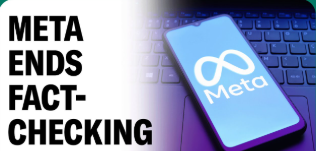
- Supporters of Free Speech: Many proponents of free speech have welcomed the move, arguing that fact-checking stifles open dialogue and that users should be allowed to make their own decisions about the veracity of content.
- Critics: On the other hand, critics are worried that this decision could allow misinformation to flourish unchecked. Experts argue that removing fact-checking could lead to a surge in fake news, especially in light of elections, public health crises, and global events.
What Does This Mean for Social Media Users?
For users, this move could mean a dramatic change in how information is shared on Meta’s platforms. Without fact-checking, users may find it more challenging to differentiate between truthful content and misleading narratives. This could increase the spread of false claims, conspiracy theories, and other harmful content.
Additionally, fact-checking organizations that once partnered with Meta may now need to explore other avenues to combat disinformation. Social media platforms, already facing scrutiny over their role in promoting polarization and fake news, may now find themselves at the center of new debates about accountability and content regulation.
Implications for Meta and the Industry
Meta’s decision to end fact-checking could have far-reaching consequences for the tech industry as a whole. Other platforms, like Twitter and TikTok, could potentially follow suit or take contrasting positions, further shaping the landscape of digital information management.
It also raises questions about content moderation and whether social media platforms will face more regulatory action from governments worldwide. EU regulations, such as the Digital Services Act, have already forced companies to take stricter measures against harmful content. Meta’s move could prompt lawmakers in the U.S. to push for new regulations, potentially leading to a new era of content governance in the social media world.
What’s Next for Meta and Social Media?
As Meta navigates this bold new approach to content moderation, the tech world will be watching closely. Will other platforms follow Meta’s lead, or will there be a backlash? Only time will tell how this move will impact both users and the digital ecosystem at large.
What do you think about Meta ending fact-checking in the USA? Share your views and join the conversation in the comments below!



